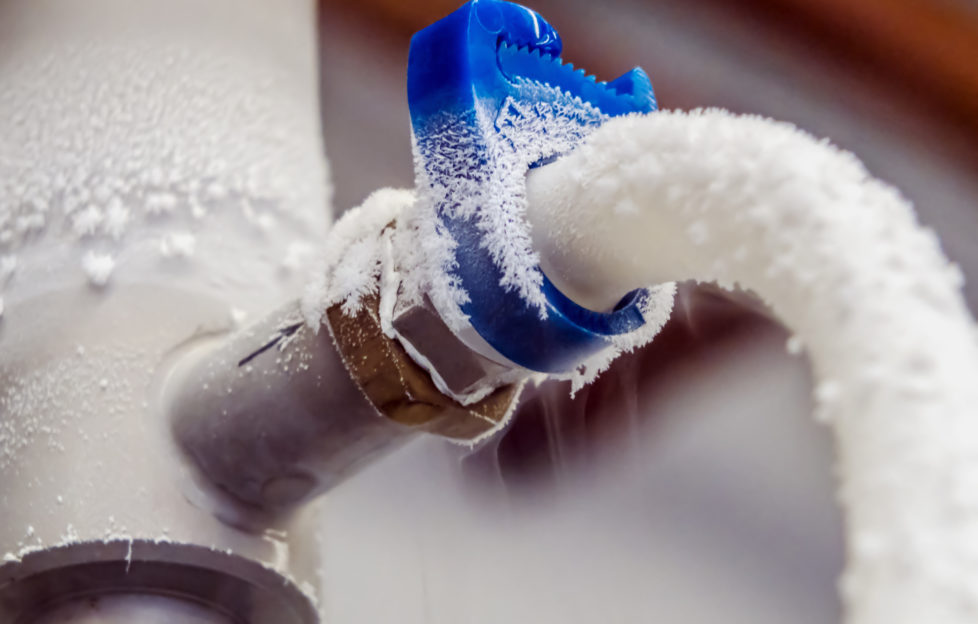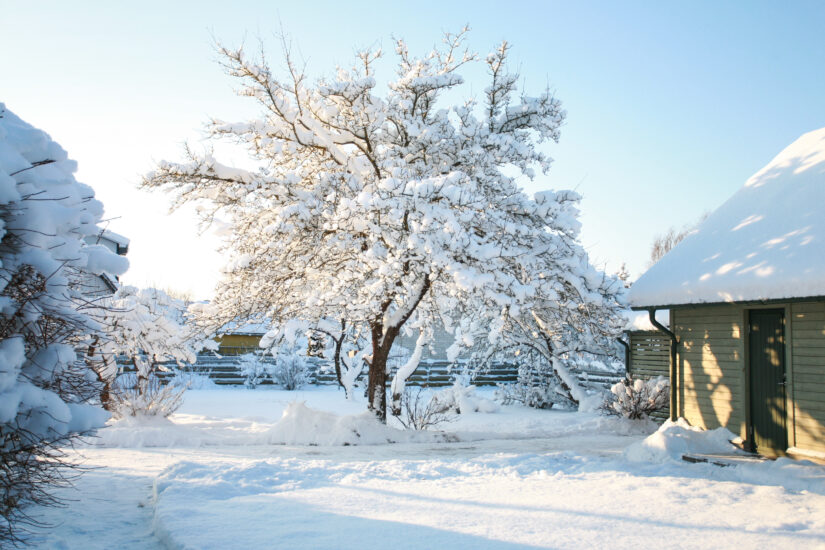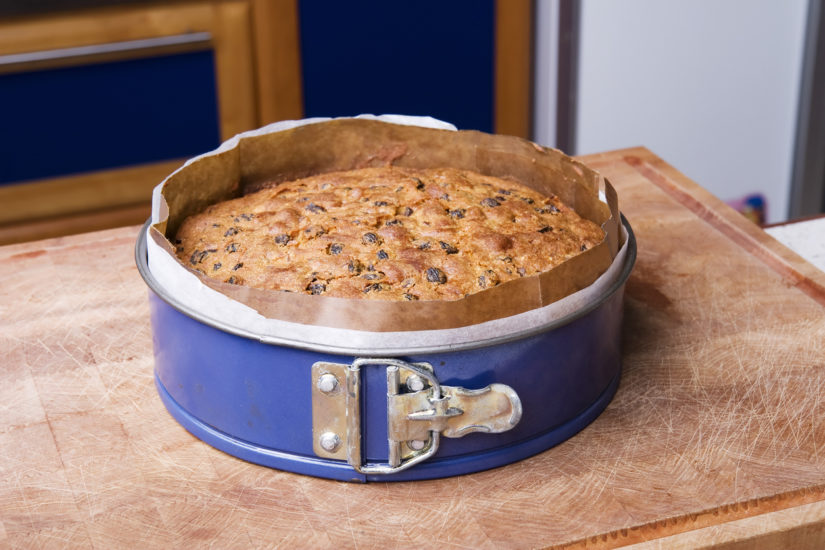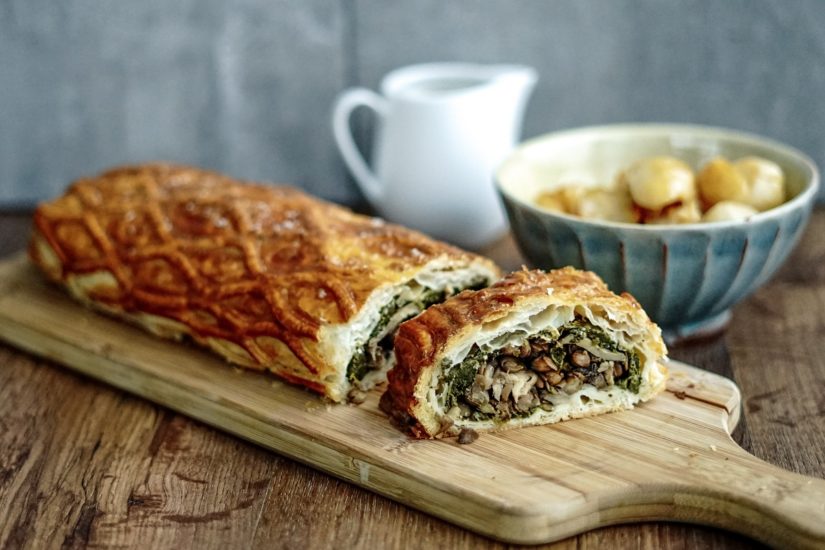
As the temperatures outside continue to drop, it’s natural to worry about the pipes in your home.
In cold, icy conditions, exposed pipes can freeze and crack — and according to the Association of British Insurers, insurance companies pay out over £1.8 million every day for “escape of water” claims.
These claims set the average household owner back an enormous £7,500 in damages.
But don’t worry, there are a few steps you can take to help prevent this from happening.
Here, Plumbers4U shares its top tips for proper pipe maintenance over the Christmas period.
Prevention is better than cure
It sounds obvious, but the best way to stop pipes freezing is to keep them warm all through winter.
This can easily be done by keeping your central heating on through the coldest winter months. You should aim to keep the thermostat at 13 degrees Celsius minimum to prevent freezing.
If the weather becomes extremely cold, or if your pipes are exposed, invest in some extra lagging to keep them protected.
Make sure there are no gaps at the bends, valves or fittings, though, otherwise cracking can still happen.
It’s also important to make sure your boiler is working properly.
While the average service costs between £65-£80, it’s necessary to make sure it will last through the winter months.
Getting things flowing again
You may find yourself in a sticky situation where pipes are frozen but have not yet cracked.
You can usually tell this is the problem when taps no longer run, or just trickle when turned on
To get things moving again, you need to slowly warm the problem pipe in order to minimise chances of a fracture.
Soak a cloth or a towel in hot water and lay it over the pipe. You can use a hairdryer on a low setting, too, but don’t use an open flame!
If the suspected pipe is hidden from view (i.e. in a wall), turn up the heat.
Radiating hot air around the home can help alleviate the problem.
Only tackle DIY repairs if you feel confident you know what the problem is, and you’ll be able to solve it.
If not, it’s always best to seek advice from a professional plumber, as they’ll be able to assess the seriousness of a problem quickly.
Dealing with a pipe that’s burst
If a pipe has burst, you’ll need to turn off your water supply. So it’s best to know where your stopcock valve is in advance.
If your home has an older style valve, it might be worth replacing with a more reliable ball valve.
Stopcock valves are prone to sticking when you need them the most, so it’s a good idea to exercise them every few months by rotating them back and forth.
If pipes do burst and the flowing water has gotten out of control, turn on all taps in the house to reduce the flow from the broken pipe, and soak up any remaining water with thick towels.
Switch off your electrical supply at the fuse box until you have been given the all-clear, as burst pipes can short out your electrics.
Most importantly, call a qualified plumber and don’t try to tackle a pipe once it has burst yourself!
We plenty more finance, health and even travel advice available right here on our website.
We also regularly offer expert hints and tips in our weekly magazine.
Click here for more information on how to subscribe.




